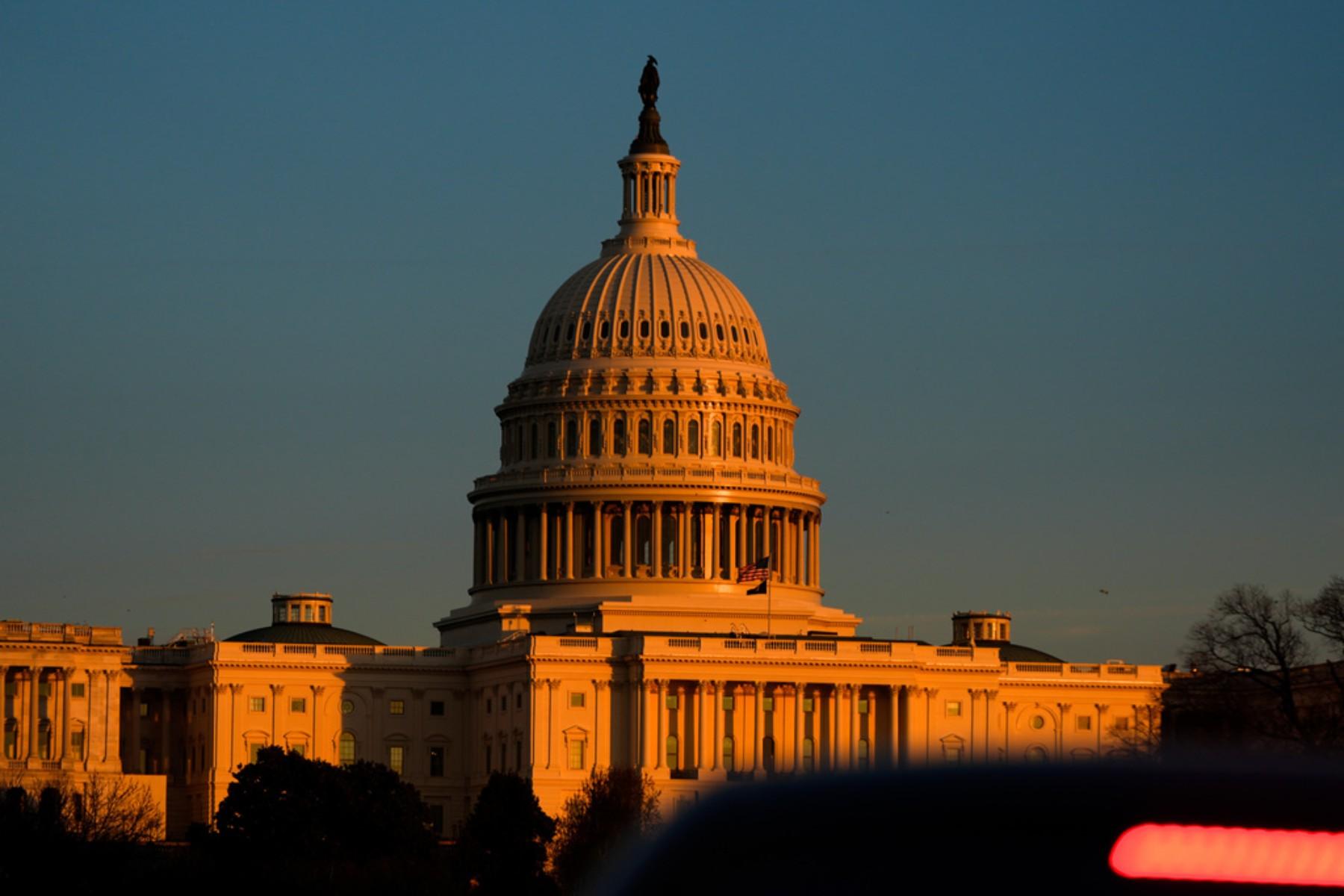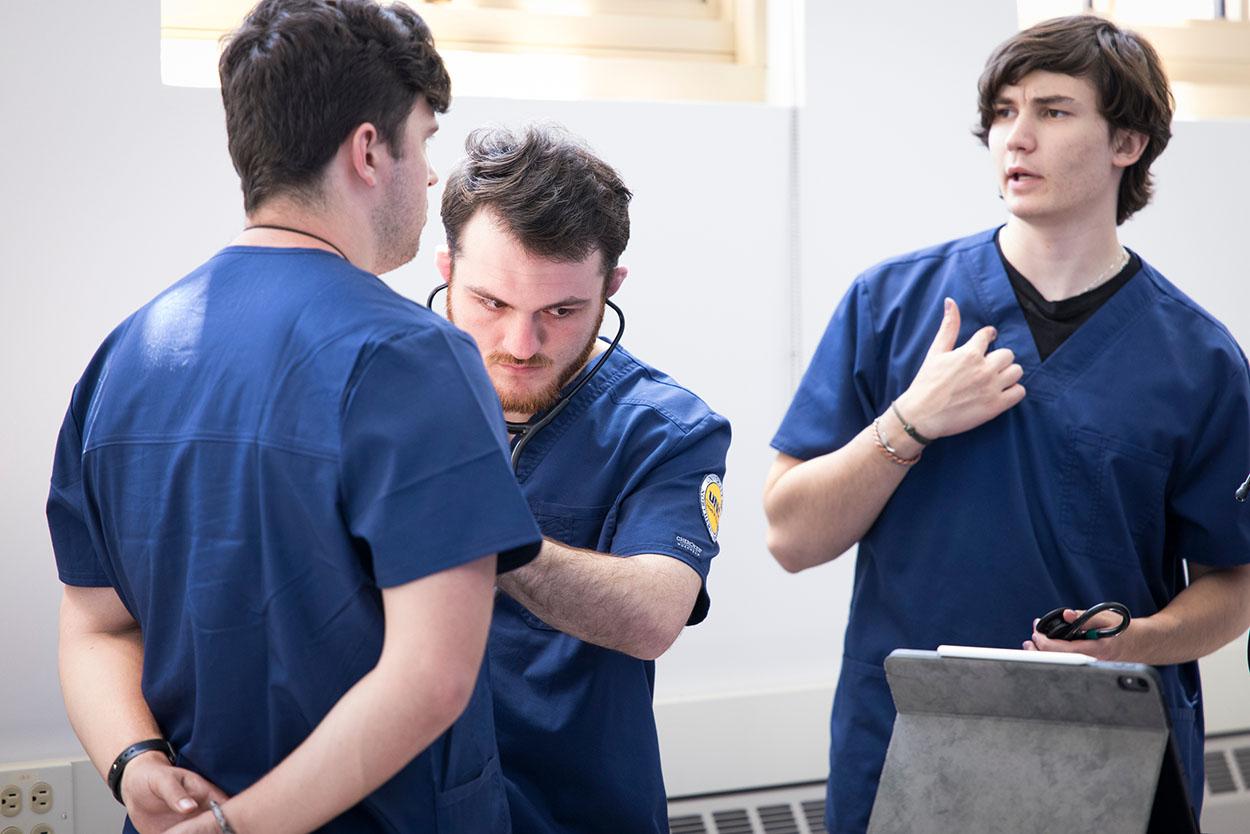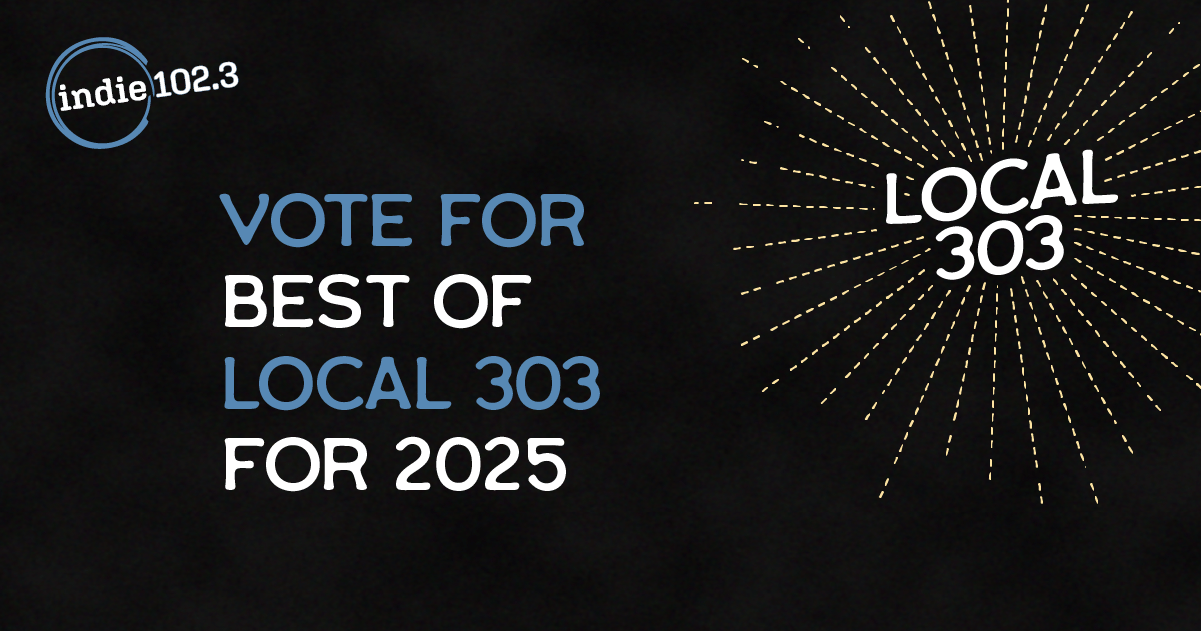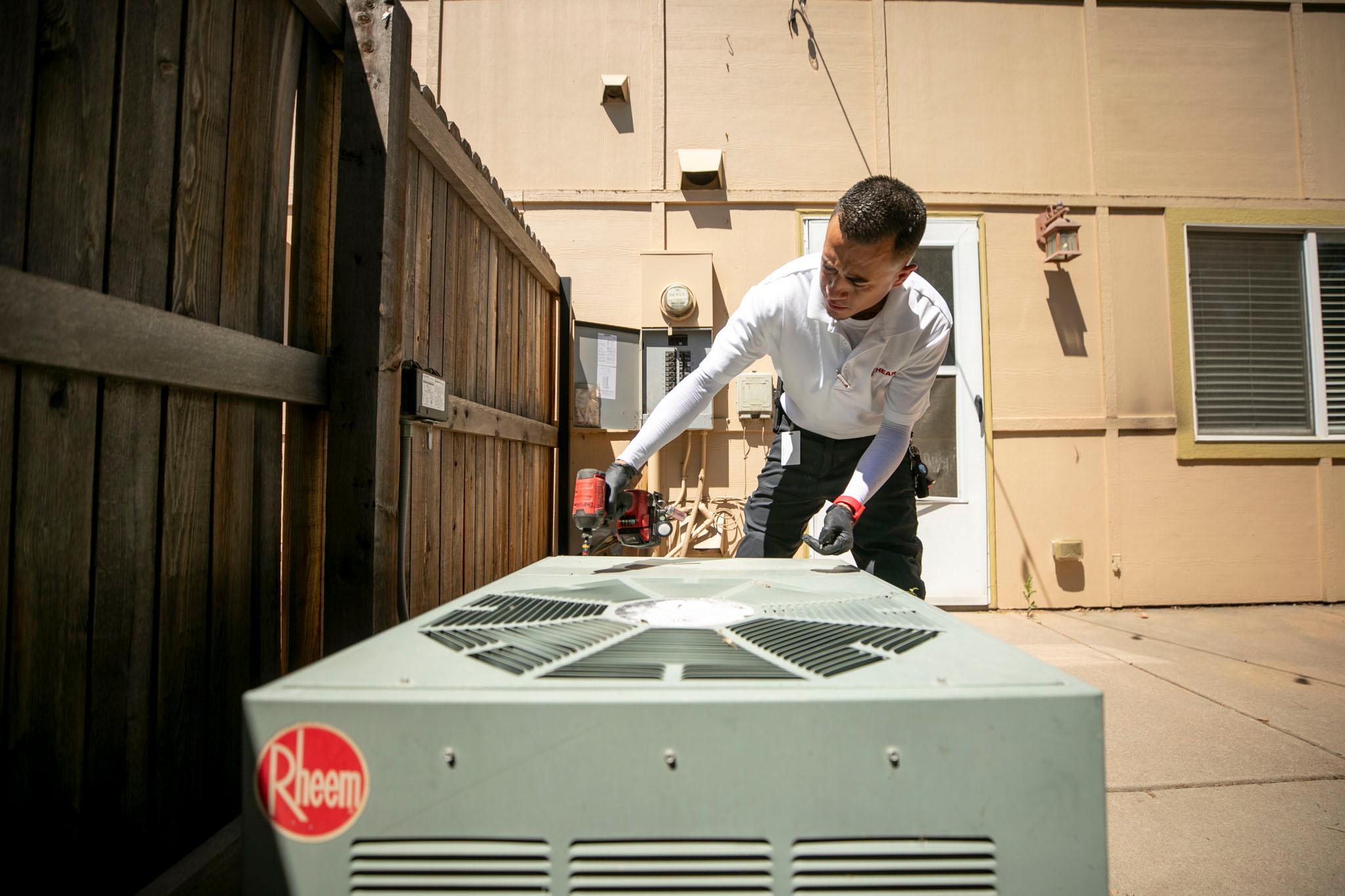
Cities across Colorado have opened cooling shelters while the state's largest utility was confidently monitoring the power grid as a long-duration heat wave settled into the state on Friday.
The National Weather Service field offices in Grand Junction, Pueblo and Boulder have each issued heat advisories and are warning that daytime temperatures could climb above 100 degrees and set records in western Colorado, the Interstate 25 corridor much of the eastern half of the state.
Temperatures will cool off a bit at night, but meteorologist Jim Kalina said morning lows in the Denver metro could still linger in the mid-to upper-60s — much warmer than normal for July.
There won’t be much relief in the High Country either, with areas across the Central Mountains expected to hover in the 80s for the next several days, Kalina said.
Meeting the demand for electricity, public cooling and sunscreen
Cities across the state have opened cooling centers and public spaces where people can seek refuge from the heat, and the state is giving out free sunscreen at stations set up at seven state parks.
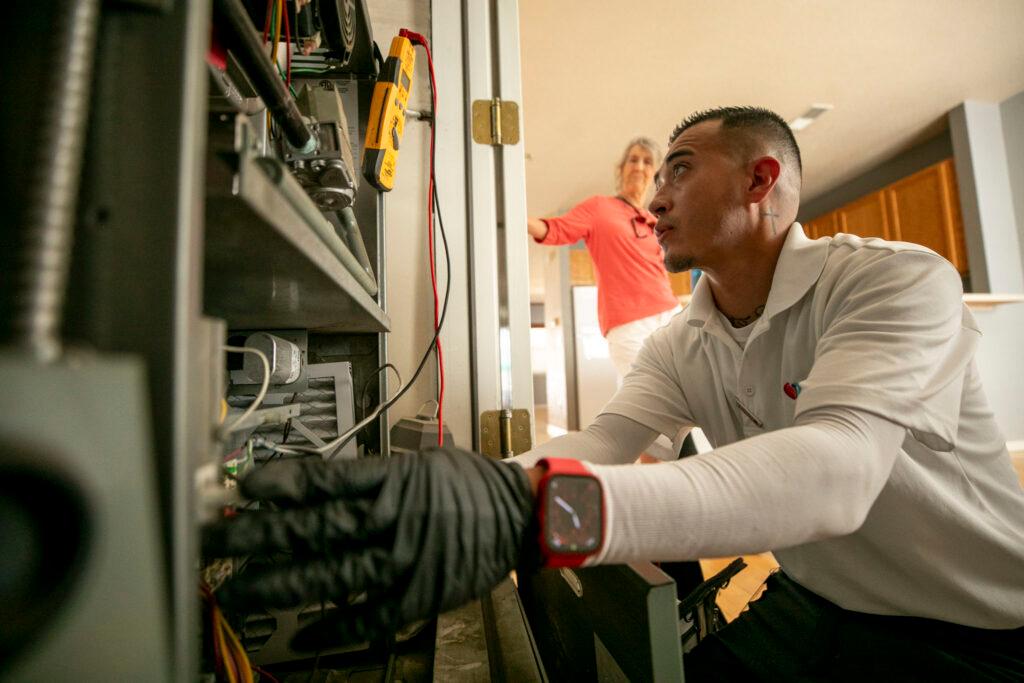
Xcel Energy, the state’s largest utility, should have enough electricity on tap to meet increased cooling demands, said spokesperson Tyler Bryant. But the utility is urging people to conserve electricity and could start turning up the smart thermostats of customers enrolled in its power-management programs.
If energy demand soars, Bryant said Xcel Energy is also prepared to temporarily shut off power for customers who have signed up for a program that offers a monthly credit if they’re willing to be powered down to make more electricity available for the grid.
Shady spots and lots of water
Cycling coach John Casson was out before 8 a.m. on Thursday with a group of mountain bikers on the Lunch Loop Trailhead near Grand Junction. The heat wave hadn’t fully settled into the state, but temperatures were already starting to climb. Casson said he would be keeping a close eye on the 12- to 17-year-old cyclists that are part of Grand Valley Youth Cycling’s summer program.
“We just monitor them throughout the day and make sure that they're staying safe,” he said, adding that he and other coaches would be watching for signs of fatigue and heat exhaustion, and pushing riders to stay hydrated and find a shady spot whenever they stop.
“We definitely have some kids be like, ‘Hey, I need to take a rest,’ or, ‘I need to take a break,’” Casson said. “It's all those little things that kind of add up.”
Hospitals and health authorities on alert
Heat is the top cause of weather-related fatalities in the United States and was linked to at least 207 deaths last year, federal data show. Health authorities say Coloradans should be aware of the extreme heat, stay hydrated and avoid being outside during the hottest parts of the day.
“We're preparing for heat-related illness and injury,” said Dr. Jay Lemery, an emergency medicine physician and co-director of the Climate and Health Program at CU Anschutz Medical Campus.
He said it is important for Coloradans and health professionals to be aware of the risks of extreme heat and warning signs that it's impacting one’s health.
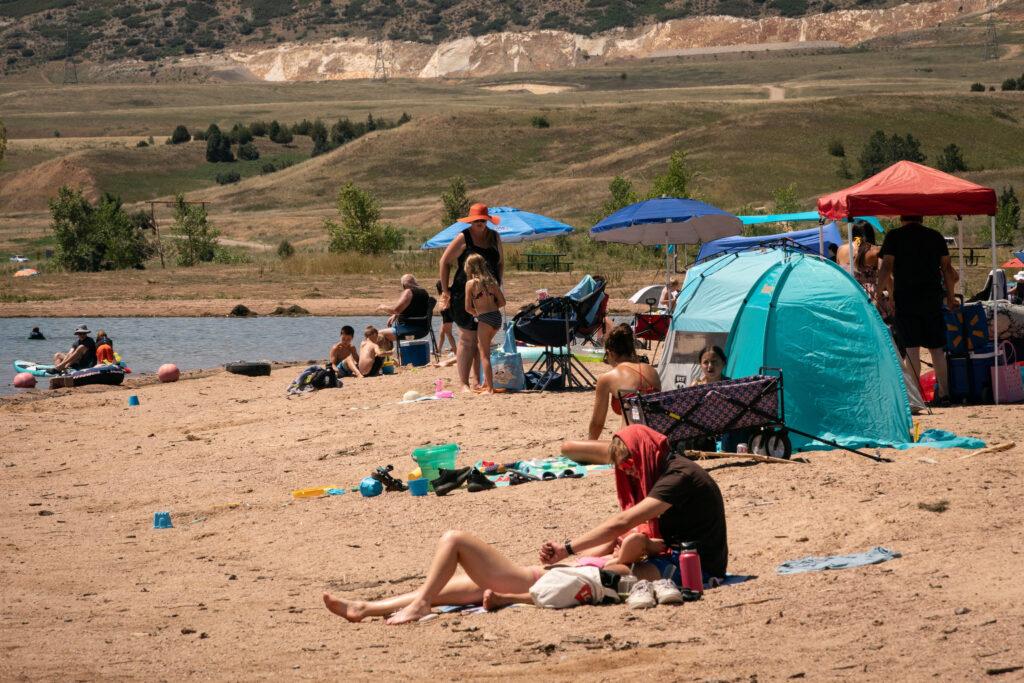
“Heat is a force multiplier that makes chronic diseases worse,” he said. Not only can extreme heat bring on conditions like heat stroke, where someone’s core temperature can get high causing them to pass out or have a seizure, it can also amplify other underlying health problems.
“Really what we're expecting is that people with coexisting lung disease, heart disease, metabolic disease, like diabetes, the heat will put a lot of physiologic stress upon them,” he said.
Patients may go to a hospital emergency department with chest pain or shortness of breath, not knowing that “heat plays a role in making those chronic diseases worse.”
The state health department issued an alert to the health care community Thursday urging health professionals in the state to prepare for extreme heat Friday through Sunday. It noted heat level affects everyone without effective cooling and/or adequate hydration. Fans and opening windows will not be effective to stay cool, and power interruptions may happen, the alert said.
The agency also urged health systems to screen for heat risks, review conditions or medications that put people at an increased risk for heat-related or other secondary heat illnesses, including cardiovascular complications, like myocardial infarction or cerebrovascular accident, respiratory problems, like COPD/asthma, and renal troubles such as acute kidney injury or abnormalities involving electrolytes.
The basic tips for keeping cool during a heat wave, include staying out of the heat when you can, drinking water, putting on a hat, wearing light clothing layers and taking frequent breaks, say for 10 minutes each hour, in order to get fluids and rest your body.

To help residents endure the heat and cool down, the Denver Parks and Recreation Department said it will open all currently operating recreation centers as daytime cooling centers during regular business hours Friday through Sunday.
Each center will have a designated area available for cooling, with access to drinking water, restrooms, and a place to sit. Denver Public Library locations are also available to the public as an indoor reprieve from the heat.
Awareness about the extreme heat is key this summer and summers to come as the planet experiences record warming, Lemery said.
“It’s an awareness to say I’m not going to go and do my normal things in the summer,” he said. People, especially those with vulnerable health, will want to avoid certain outdoor chores in the high heat, like mowing the lawn, or for the super fit “not doing that 30-mile bike ride.”
Contributing: Western Colorado Correspondent Stina Sieg.

